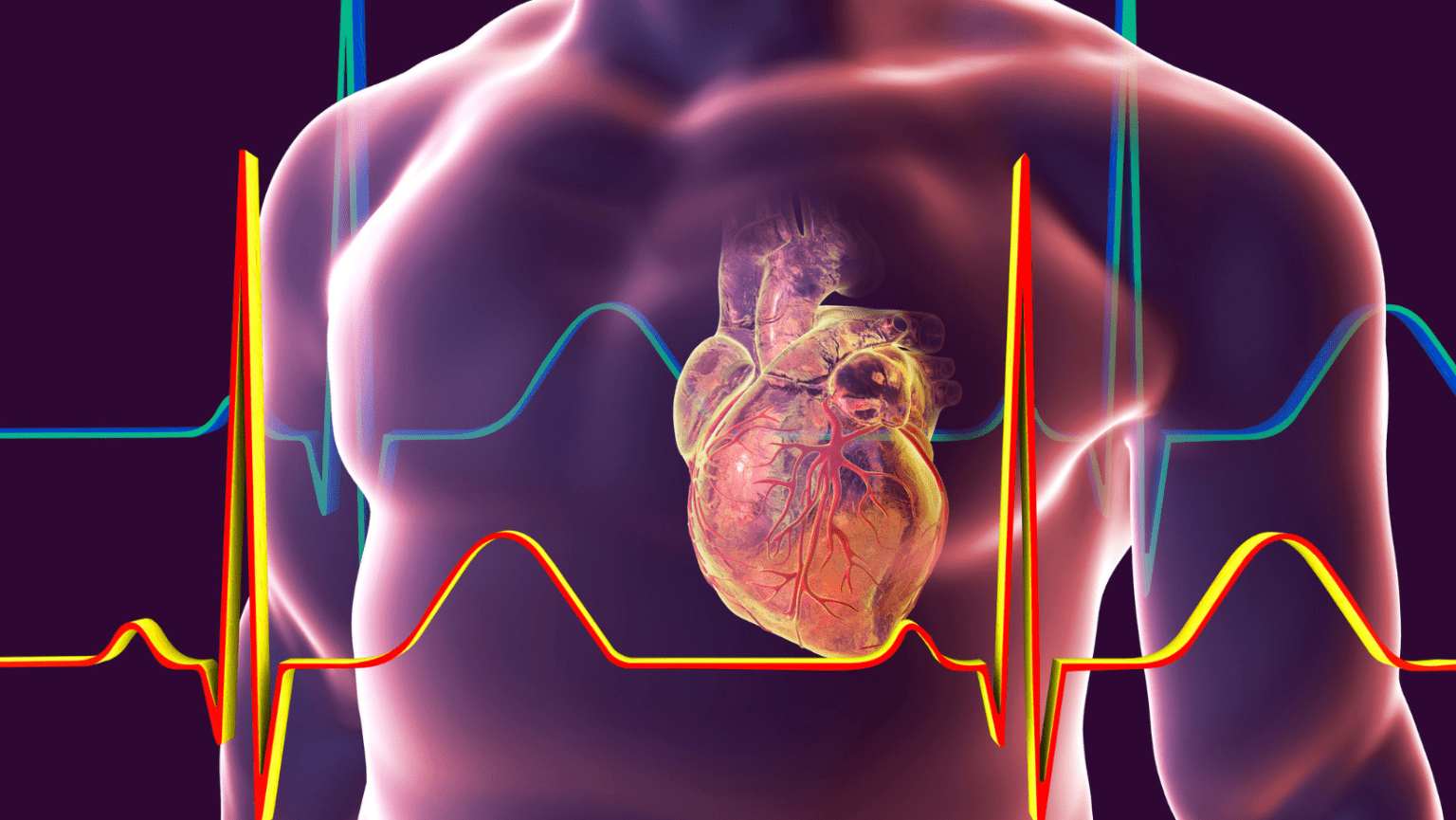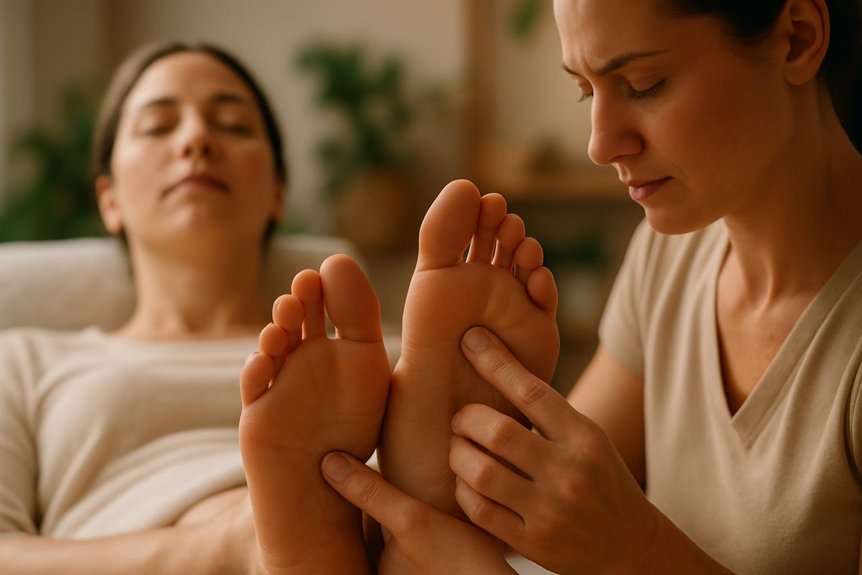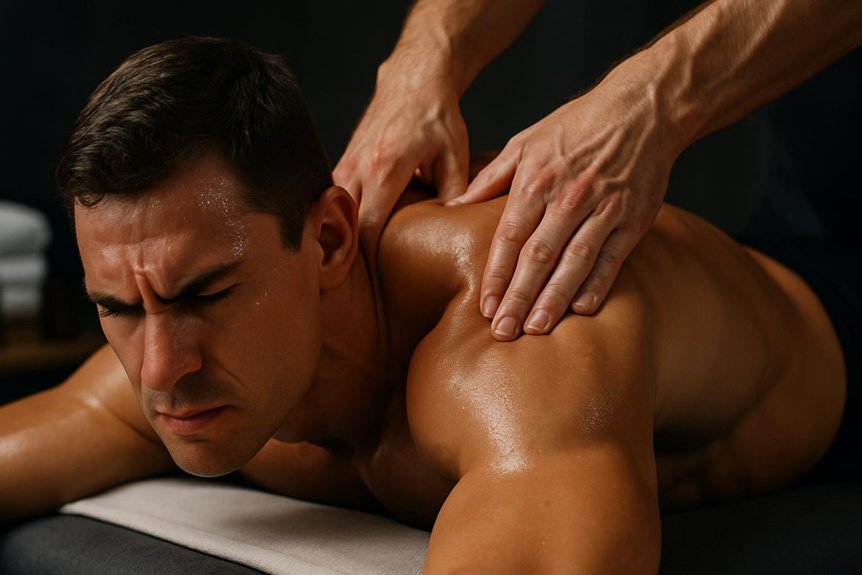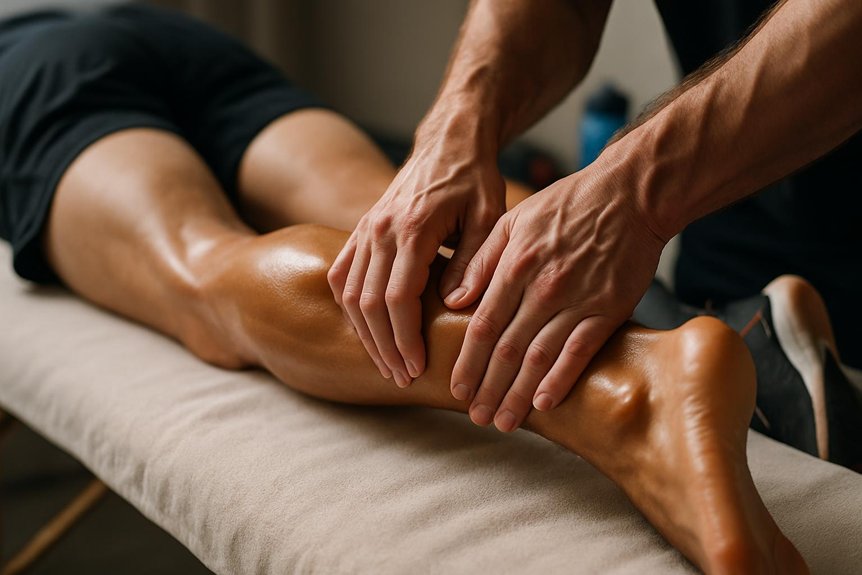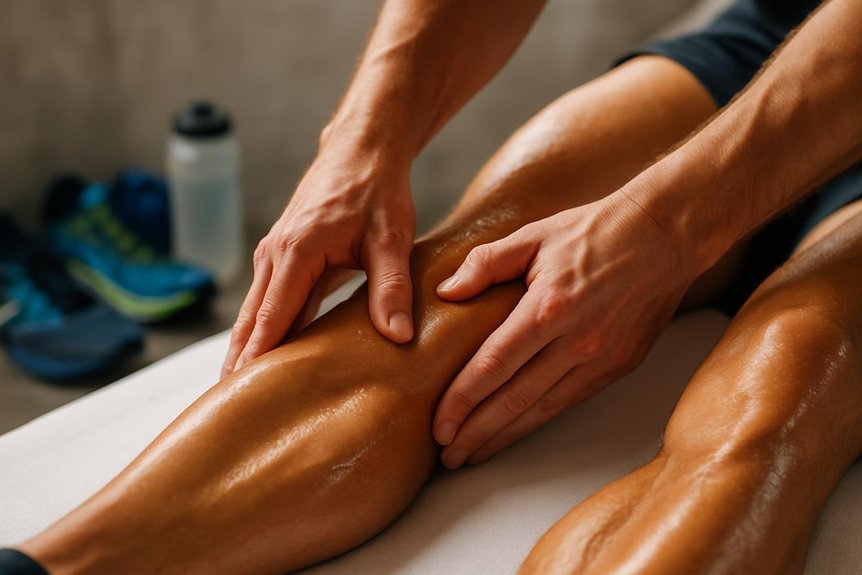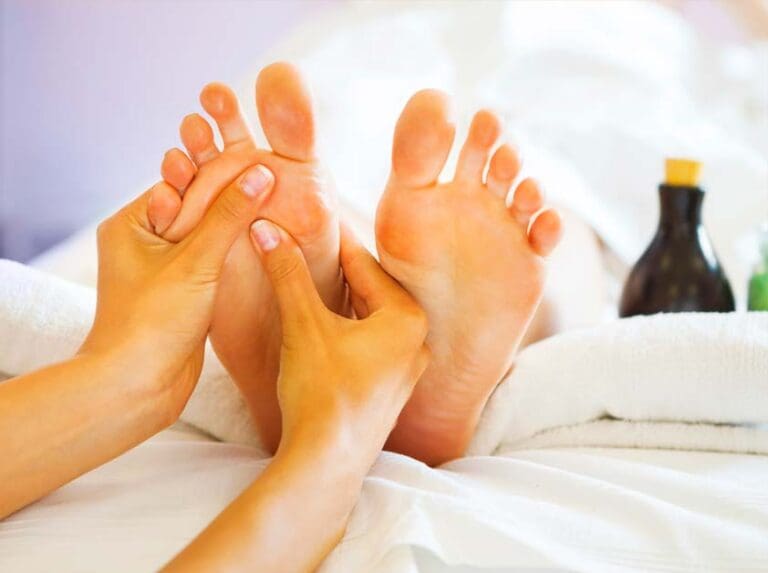It’s widely acknowledged that massage therapy can alleviate muscle stress and tension. But, did you know it’s also beneficial for heart health? With around 103 million Americans facing high blood pressure, as reported by the American Heart Association, it’s crucial to explore alternative methods like massage that can bolster heart health. This discussion will delve into how massage can aid in lowering blood pressure and enhancing cardiac health, all supported by scientific findings.
Lowering Blood Pressure High blood pressure is a primary contributor to heart diseases, stroke, and related conditions. The International Journal of Preventive Medicine published a study in 2019 indicating that regular massage therapy can notably decrease both systolic and diastolic blood pressure in individuals with hypertension. Furthermore, the study linked massage therapy to reduced stress hormone levels, which are often implicated in high blood pressure.
Enhancing Blood Circulation Massage therapy is also effective in boosting blood circulation. By applying pressure to targeted body areas, it stimulates blood vessels and enhances blood flow. This improved circulation can lower the risk of heart diseases and strokes by ensuring vital organs, including the heart, receive adequate oxygen and nutrients. A 2010 study in the Journal of Manipulative and Physiological Therapeutics reported significant circulation improvements in patients with coronary artery disease following massage therapy.
Combatting Inflammation Inflammation plays a significant role in heart disease, potentially leading to arterial plaque buildup and restricted blood flow to the heart. Massage therapy has demonstrated effectiveness in lowering pro-inflammatory cytokines levels in the body. A 2014 study in the Journal of Alternative and Complementary Medicine found notable reductions in cytokine levels in heart failure patients following massage therapy.
Alleviating Stress Stress is a major factor in high blood pressure and heart disease. Massage therapy aids in reducing stress by promoting relaxation and diminishing stress hormone levels. A 2005 study in the International Journal of Neuroscience showed significant reductions in cortisol, a stress hormone, post-massage therapy.
In summary, massage therapy is not just a route to relaxation but a proactive approach to heart health. It aids in lowering blood pressure, improving circulation, reducing inflammation, and alleviating stress, all contributing to a reduced risk of heart disease and stroke. So, when you schedule your next massage, remember it’s not just a treat for your body but a significant step towards nurturing your heart health.
